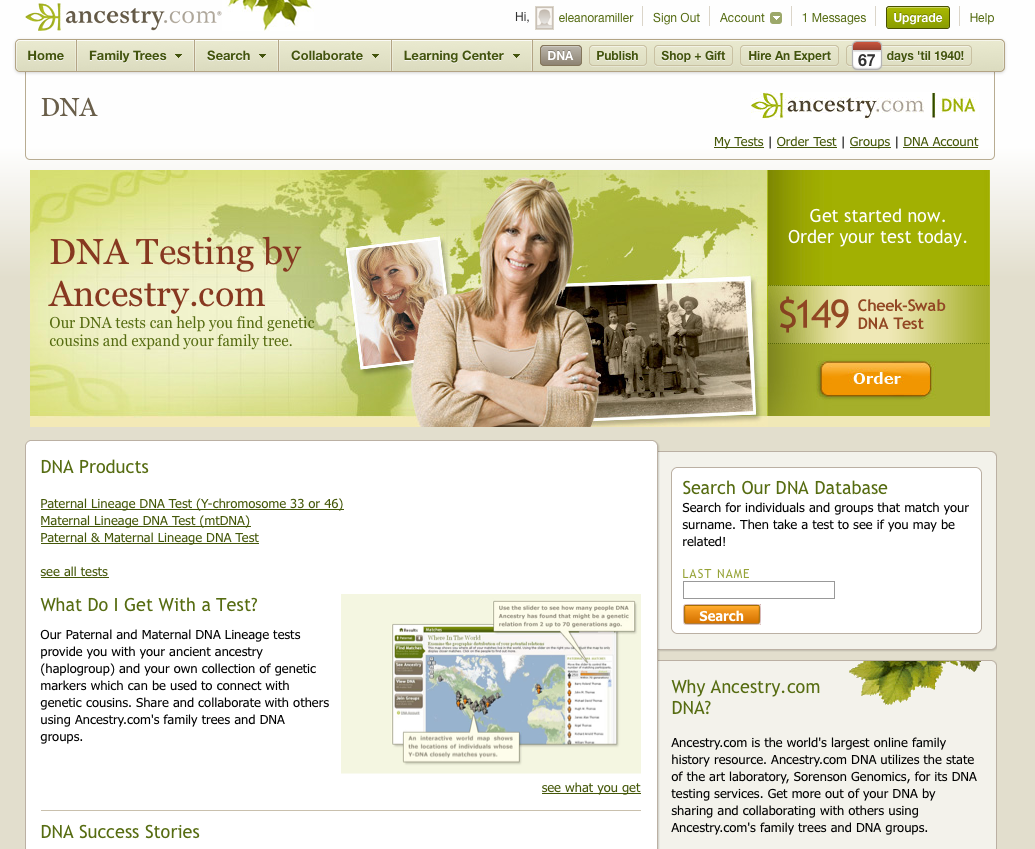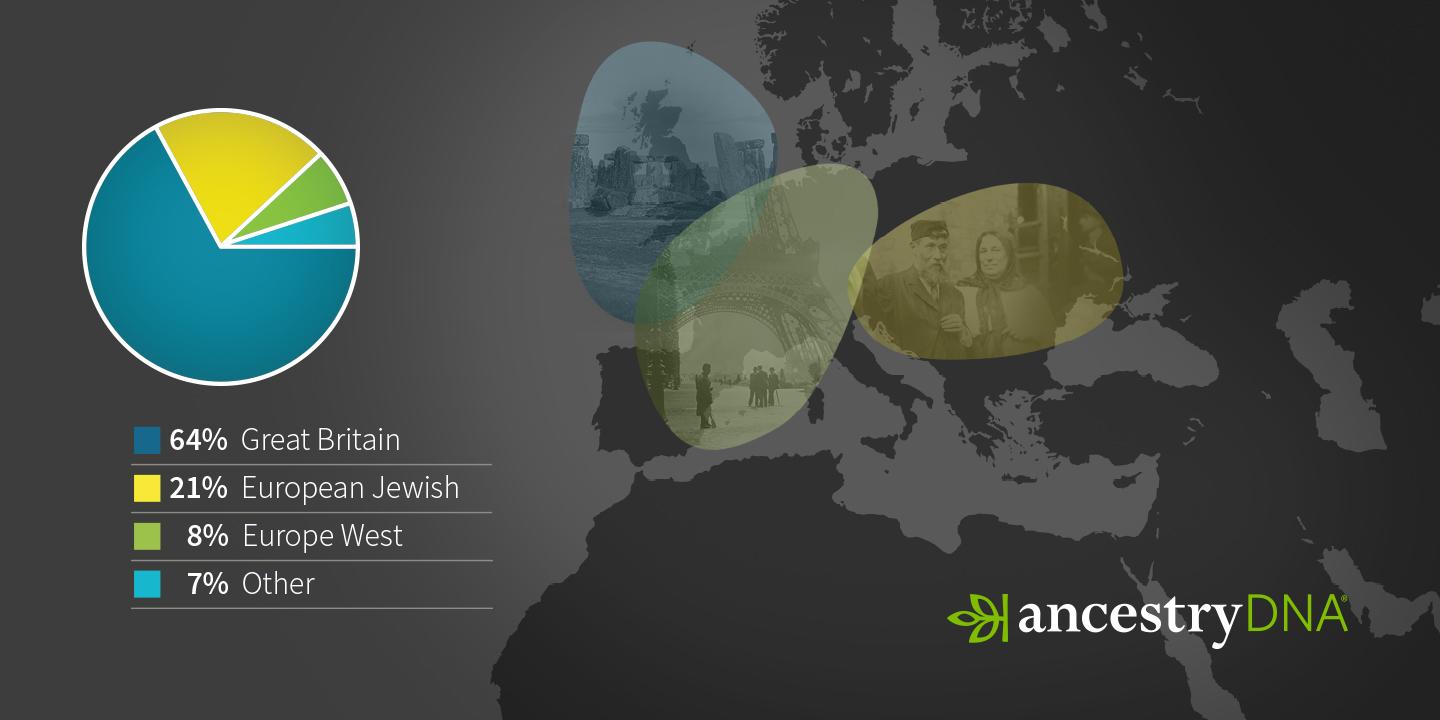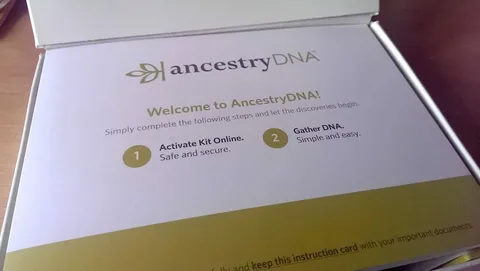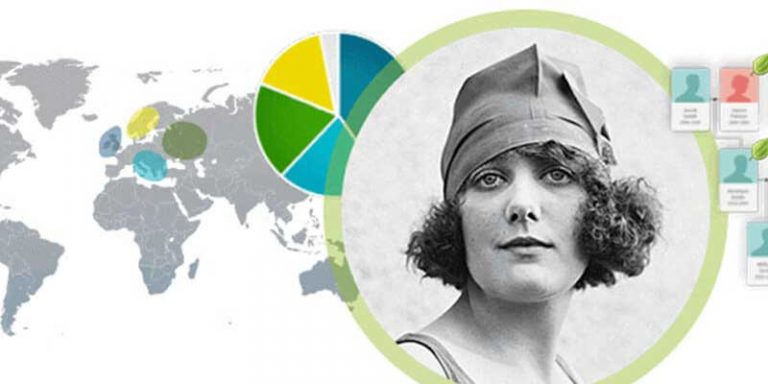Discovering My Roots: A Journey Through Ancestry
Embarking on a journey of discovering your roots can be a meaningful and fulfilling experience that can help you better understand your identity and place in the world. Here are some steps you can take to start your journey:
- Start with what you know: Begin by collecting as much information as possible from your family members. Ask your parents, grandparents, aunts, uncles, and cousins about their ancestry, family traditions, and stories. Take notes or record their answers for future reference.
- Use online resources: There are numerous online resources available to help you trace your ancestry, including genealogy websites, online databases, and DNA testing services. Ancestry.com, FamilySearch.org, and MyHeritage.com are popular options that offer access to millions of records and family trees.
- Visit local archives and libraries: If you have the opportunity, visit local archives and libraries to access historical records such as census records, birth and death certificates, and marriage licenses. These records can help you fill in gaps in your family tree and provide more detailed information about your ancestors.
- Join a genealogy group: Joining a genealogy group or forum can provide you with a supportive community of people who are also on a journey to discover their ancestry. You can share information, ask for advice, and learn from others’ experiences.
- Plan a trip: Consider planning a trip to your ancestral homeland to connect with your roots in a more personal way. This can be an opportunity to visit the places where your ancestors lived, learn more about their culture, and connect with distant relatives.
Remember that tracing your ancestry can be a long and sometimes challenging process, but it can also be incredibly rewarding. Through this journey, you may discover new connections to your family, gain a deeper understanding of your heritage, and find a sense of belonging and identity that you never knew you were missing.
The Importance of Preserving Family History and Ancestry

Preserving family history and ancestry is important for several reasons:
- Understanding your identity: Knowing your family history can give you a better understanding of your identity and where you come from. It can provide insight into your cultural heritage, family traditions, and values that have been passed down through generations.
- Connecting with your family: Preserving family history can help bring family members together, especially those who may have never met or are separated by distance. It can foster a sense of connection and belonging, and create a shared legacy for future generations.
- Sharing knowledge: Family history contains valuable information that can be shared with future generations. It can help educate younger family members about their heritage and provide a greater appreciation for the struggles and triumphs of their ancestors.
- Researching genealogy: Preserving family history can also aid in researching genealogy. It can help fill in gaps in family trees, provide clues to ancestors’ lives, and offer leads for further research.
- Honoring ancestors: Preserving family history is a way to honor the memory of our ancestors and their contributions to our families and communities. It helps keep their stories alive and ensures that their legacies are not forgotten.
Overall, preserving family history and ancestry is important for our personal and collective identities. It helps us understand who we are, where we come from, and the values and traditions that have shaped our families and communities.
Exploring the Fascinating World of DNA Testing for Ancestry
 DNA testing for ancestry has become increasingly popular in recent years, as people seek to learn more about their genetic origins and connections to different regions of the world. Here are some key things to know about DNA testing for ancestry:
DNA testing for ancestry has become increasingly popular in recent years, as people seek to learn more about their genetic origins and connections to different regions of the world. Here are some key things to know about DNA testing for ancestry:
- How it works: DNA testing for ancestry involves analyzing your DNA to identify specific markers that are associated with different regions of the world. By comparing your DNA to a reference database of known genetic markers, testing companies can estimate your ancestry composition.
- Types of tests: There are different types of DNA tests for ancestry, including autosomal DNA tests, Y-DNA tests, and mtDNA tests. Autosomal DNA tests are the most common and provide the most comprehensive information about your genetic ancestry. Y-DNA tests trace your paternal lineage, while mtDNA tests trace your maternal lineage.
- Accuracy: DNA testing for ancestry is not 100% accurate, but it can provide valuable information about your genetic ancestry. The accuracy of your results will depend on the reference database used by the testing company, as well as the quality and quantity of your DNA sample.
- Privacy concerns: DNA testing for ancestry raises privacy concerns, as your DNA contains sensitive information about your health and ancestry. It’s important to read the testing company’s privacy policy and understand how they use and protect your data.
- Connecting with relatives: DNA testing for ancestry can also help you connect with living relatives who share your genetic markers. Many testing companies provide tools to help you find and communicate with relatives who have also taken the test.
Overall, DNA testing for ancestry can be a fascinating way to learn more about your genetic origins and connections to different regions of the world. It’s important to do your research and choose a reputable testing company that prioritizes privacy and security.
Tracing Your Ancestry Through Military Records and Service
 Tracing your ancestry through military records and service can provide valuable information about your ancestors’ lives and their service to their country. Here are some steps you can take to begin your search:
Tracing your ancestry through military records and service can provide valuable information about your ancestors’ lives and their service to their country. Here are some steps you can take to begin your search:
- Gather information: Start by gathering as much information as possible about your ancestor’s military service. Look for any documents or memorabilia that may provide clues, such as discharge papers, medals, photos, or letters. Talk to family members who may have information or stories to share.
- Search online databases: There are many online databases available that can help you locate military records and service information. Websites like Fold3.com, the National Archives, and Ancestry.com have extensive collections of military records and service files.
- Check with the Department of Veterans Affairs: The Department of Veterans Affairs can provide information about your ancestor’s military service, including dates of service, rank, and discharge status. You can request this information by submitting a request online or by mail.
- Visit local archives and libraries: Local archives and libraries may have historical records and resources related to military service. Check with your local library or historical society to see what resources are available.
- Consider hiring a professional researcher: If you’re having difficulty locating military records or need help interpreting them, consider hiring a professional researcher. They can help you navigate the complex process of searching for military records and provide expert guidance.
Tracing your ancestry through military records and service can provide a deeper understanding of your family history and the sacrifices made by your ancestors. It can also provide insight into the events and experiences that shaped their lives and the world around them.
Discovering Your Ancestry Through Oral Histories
Oral histories can be a valuable resource for discovering your ancestry and learning more about your family’s history and traditions. Here are some tips for conducting oral histories:
- Identify your interview subjects: Start by identifying family members or other individuals who may have information about your ancestry and family history. Reach out to them and ask if they would be willing to participate in an oral history interview.
- Prepare your questions: Before conducting your interview, prepare a list of questions that will help guide the conversation. Include questions about your family’s origins, traditions, and experiences.
- Set the stage: Choose a quiet, comfortable location for your interview where you won’t be interrupted. Make sure your equipment is set up and tested before you begin.
- Record the interview: Use a digital recorder or other device to record the interview. Make sure you have permission to record before you begin.
- Be an active listener: During the interview, be an active listener and ask follow-up questions to help clarify information and deepen your understanding of your family’s history.
- Transcribe the interview: Once the interview is complete, transcribe the recording and review it for accuracy. Organize the information and integrate it into your family tree and other research.
By conducting oral histories, you can gain valuable insight into your family’s history and traditions, and build a deeper understanding of your ancestry. It’s important to be respectful of your interview subjects and to be sensitive to any difficult or emotional topics that may arise during the interview. With careful preparation and active listening, you can uncover a wealth of information about your family’s past.
FAQ

Here are some frequently asked questions (FAQ) about ancestry:
What is ancestry?
Ancestry refers to a person’s lineage or family tree. It can also refer to the study of family history and genealogy.
Why is ancestry important?
Ancestry is important for several reasons. It helps us understand our family’s history and traditions, and gives us a sense of connection to our ancestors. It can also provide valuable information about our genetic makeup, health risks, and cultural background.
How do I start researching my ancestry?
To start researching your ancestry, gather as much information as you can about your family history and lineage. Talk to family members, look for documents and photos, and use online genealogy databases to build your family tree.
What resources are available for researching ancestry?
There are many resources available for researching ancestry, including online genealogy databases, historical archives, local libraries and historical societies, and DNA testing services.
What is DNA testing for ancestry, and how does it work?
DNA testing for ancestry involves analyzing a person’s DNA to identify specific genetic markers associated with different regions of the world. By comparing a person’s DNA to a reference database, testing companies can estimate their ancestry composition and provide information about genetic health risks and traits.
What are some tips for preserving family history and ancestry?
Some tips for preserving family history and ancestry include organizing and digitizing documents and photos, conducting oral histories with family members, and sharing information and stories with future generations. It’s also important to store and protect family memorabilia and heirlooms for future generations to enjoy.
conclusion

In conclusion, exploring one’s ancestry can be a fascinating and rewarding journey, providing insight into our family’s history, traditions, and cultural background. By utilizing a variety of resources such as DNA testing, military records, oral histories, and genealogy databases, we can uncover valuable information about our ancestors and their lives. Preserving this information through careful organization, digitization, and sharing can ensure that future generations can also benefit from this knowledge. Whether we are uncovering new discoveries or deepening our understanding of our family’s past, the journey of exploring our ancestry is one that can connect us to our roots and enrich our sense of identity and belonging.

